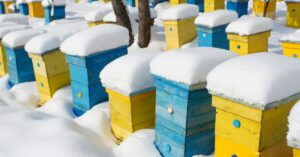
What Should I Be Doing in My Apiary This Month? January
Happy New Year! January is an exciting month in beekeeping because the end of winter is in sight! Just a …


El inglés es el idioma de control de esta página. En la medida en que haya algún conflicto entre la traducción al inglés y la traducción, el inglés prevalece.
Al hacer clic en el enlace de traducción se activa un servicio de traducción gratuito para convertir la página al español. Al igual que con cualquier traducción por Internet, la conversión no es sensible al contexto y puede que no traduzca el texto en su significado original. NC State Extension no garantiza la exactitud del texto traducido. Por favor, tenga en cuenta que algunas aplicaciones y/o servicios pueden no funcionar como se espera cuando se traducen.
Inglês é o idioma de controle desta página. Na medida que haja algum conflito entre o texto original em Inglês e a tradução, o Inglês prevalece.
Ao clicar no link de tradução, um serviço gratuito de tradução será ativado para converter a página para o Português. Como em qualquer tradução pela internet, a conversão não é sensivel ao contexto e pode não ocorrer a tradução para o significado orginal. O serviço de Extensão da Carolina do Norte (NC State Extension) não garante a exatidão do texto traduzido. Por favor, observe que algumas funções ou serviços podem não funcionar como esperado após a tradução.
English is the controlling language of this page. To the extent there is any conflict between the English text and the translation, English controls.
Clicking on the translation link activates a free translation service to convert the page to Spanish. As with any Internet translation, the conversion is not context-sensitive and may not translate the text to its original meaning. NC State Extension does not guarantee the accuracy of the translated text. Please note that some applications and/or services may not function as expected when translated.
Collapse ▲
Happy New Year! January is an exciting month in beekeeping because the end of winter is in sight! Just a …
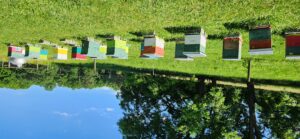
November is when the nights start to get cold, and we can now say the bees are in winter …
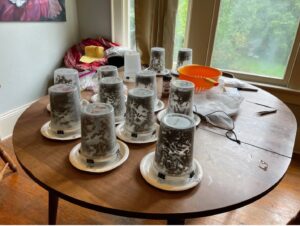
This is a guest post by Lewis Cauble. Lewis is the NCDA&CS Apiary Inspector for Western North Carolina, a …
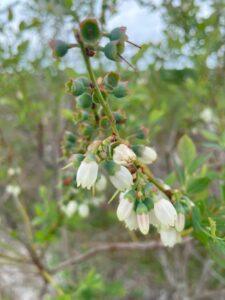
This is a guest post by Emma Payne. Emma is an NCSU zoology major and research assistant in the …

What to Look for Out of the more than 20,000 bee species in the world, approximately 70% build their nests …
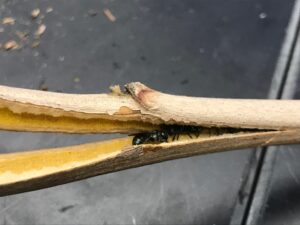
Gardening for pollinators isn’t just about flowers—it’s also about stems. Many native bees nest inside hollow or pithy dead …
We’re happy to announce that we have received funding from USDA-NIFA to help beekeepers in Western North and South …
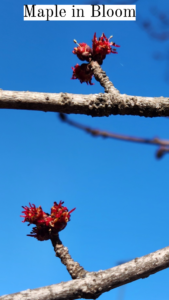
February in North Carolina might be considered the beginning of the beekeeping season, at least in most areas of …

We are excited to announce a new opportunity for those interested in pursuing beekeeping as a hobby, or new …
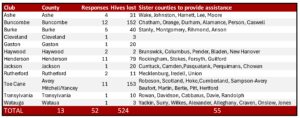
Update 11/02/24 We are tabulating a running compilation of the documented needs of beekeepers in Helene-affected areas. This table will …

October in North Carolina can be tricky. Some years it is still hot through most of the month, and …

With the track of tropical storm Debby poised to make a significant impact on North Carolina, there are some …
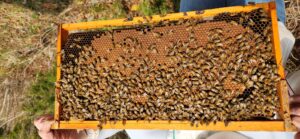
Every year, we celebrate and acknowledge our reliance on pollinators for our food supply, as a third of everything …
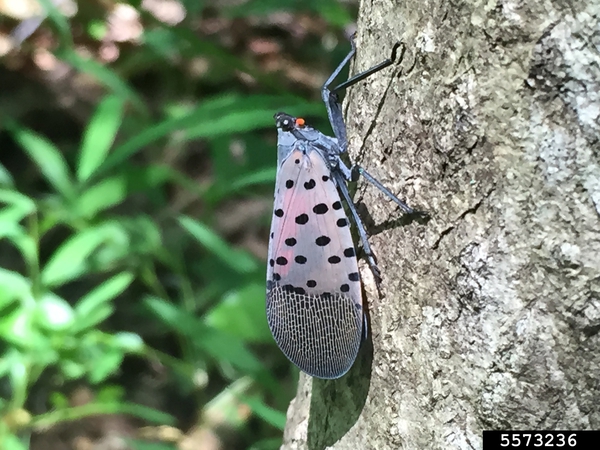
This factsheet offers information on the biology and management of the spotted lanternfly, an invasive …
This guide provides home gardeners with instructions for growing strawberries, blueberries, brambles (blackberries and raspberries), …

An introduction to soil acidity and liming for farmers and gardeners to increase crop income …

You can attract the many butterflies found throughout North Carolina to your backyard by following …
This publication covers insect control in a variety of crops, as well as household pests.
This manual, updated every year, covers pesticide use and safety information, chemical application equipment, fertilizer …
This publication describes restricted-use pesticides, the safe use of pesticides and evaluating the potential for …
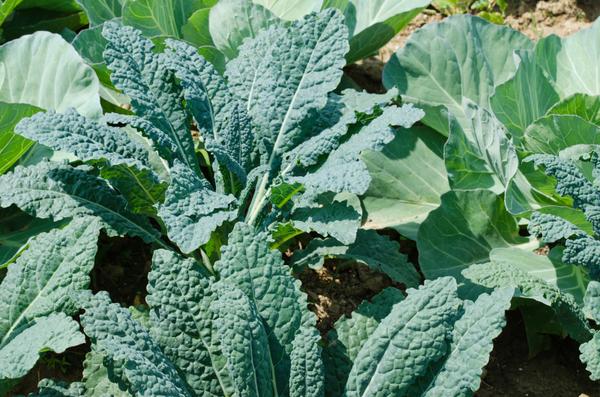
This series of publications provides information about how to grow, harvest, and prepare a variety …